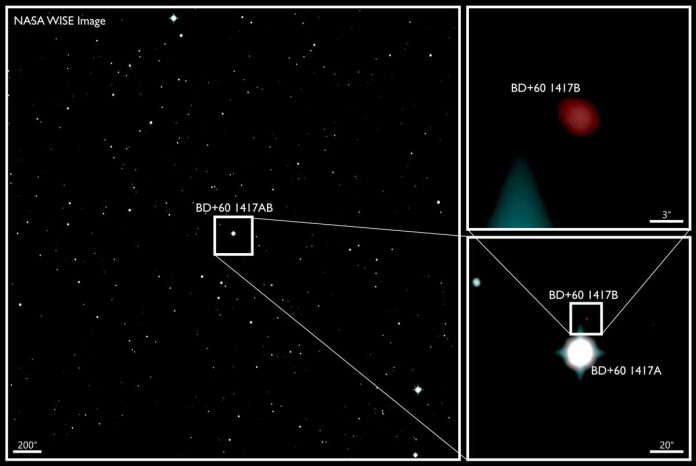Previous searchers have missed a new planet orbiting a Sun-like star and now it has been discovered by Citizen scientists. This new planet is far away from its host star and it is thought to be a large planet or a small brown dwarf. The planet is nearly 1,600 times far away than our Earth is from the Sun. The star, as researchers say is not massive enough to burn hydrogen like true stars. The research paper, that has details of this new finding has been published in The Astrophysical Journal.
The senior scientist in the American Museum of Natural History’s Department of Astrophysics, Jackie Faherty, said that citizen scientists have found this planet by conducting more than one campaign where they have searched for exoplanet companions.
Citizen scientists have gone through the pictures taken by NASA’s Wide-field Infrared Survey Explorer and they have tried to explore new worlds inside and outside of our solar system. Citizen scientists have flagged some objects that were closer to our Earth and appeared to be moving, for the scientists to study it further.
The scientists have named the citizen scientists mission as The Backyard Worlds project. In 2018, citizen scientist Jörg Schümann has alerted the scientists about a new co-moving system. After this, the scientists have used telescopes in California to observe the star. They got really excited at what they have through the telescope.
The new planet was young and has low mass. The mass of this new planet was 13 times the mass of Jupiter. Jupiter is used as a medium to distinguish planets from brown dwarfs. But scientists are still not sure about how heavy a planet can be and this has made it difficult to measure the mass of a planet.

